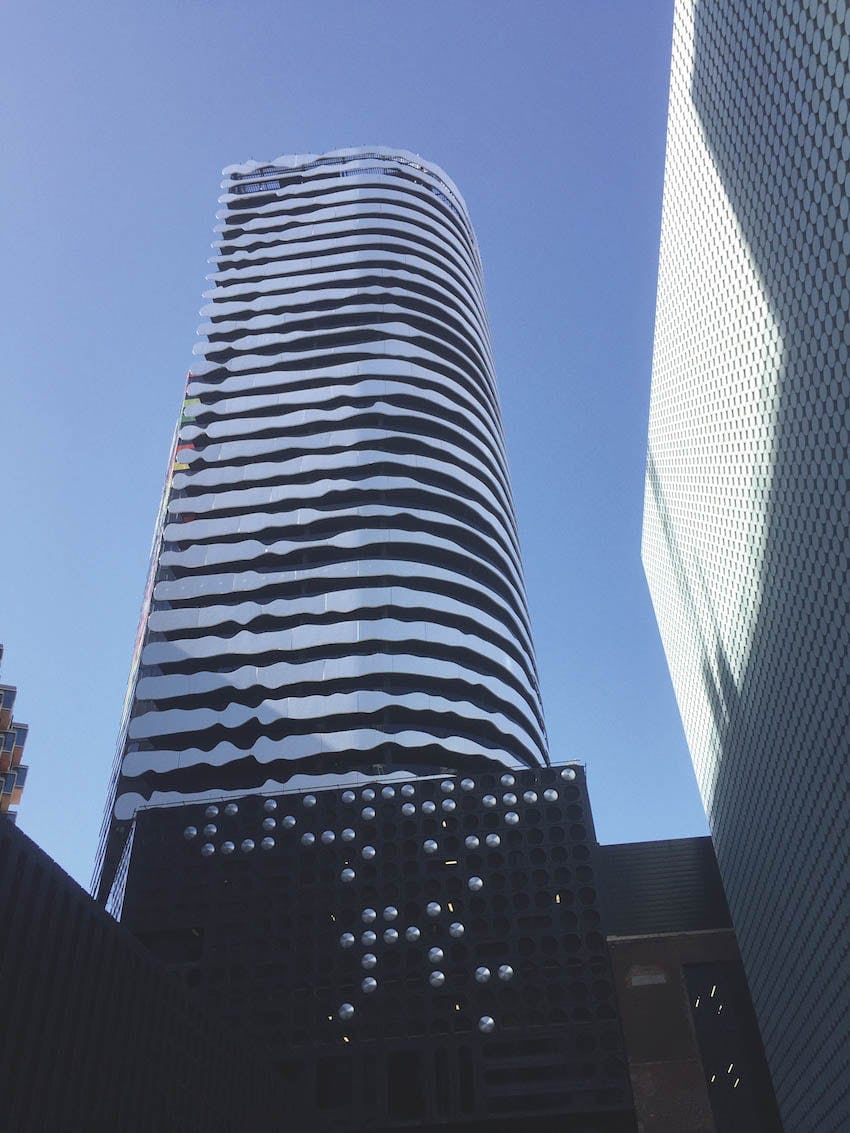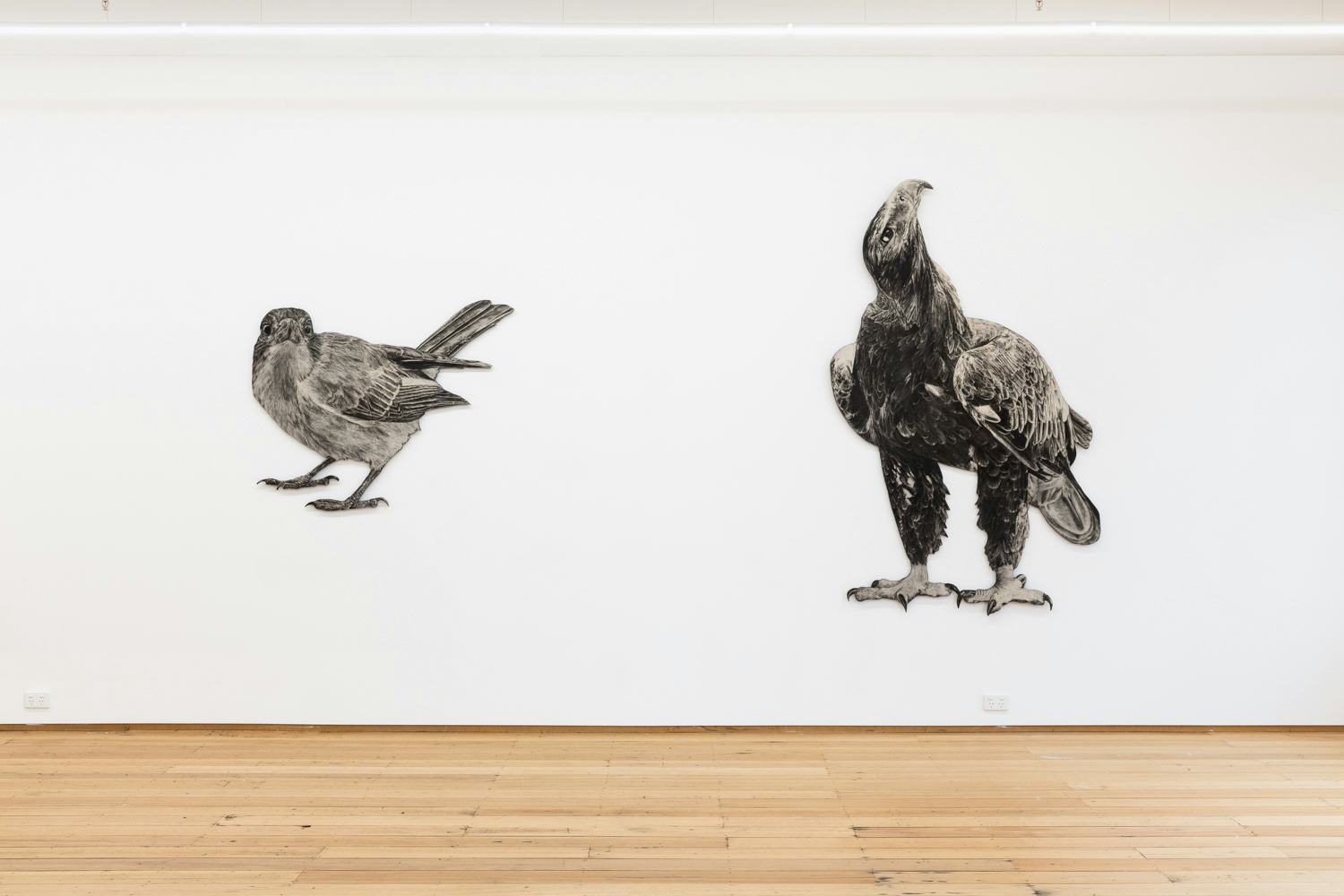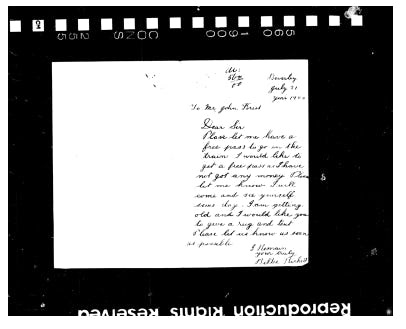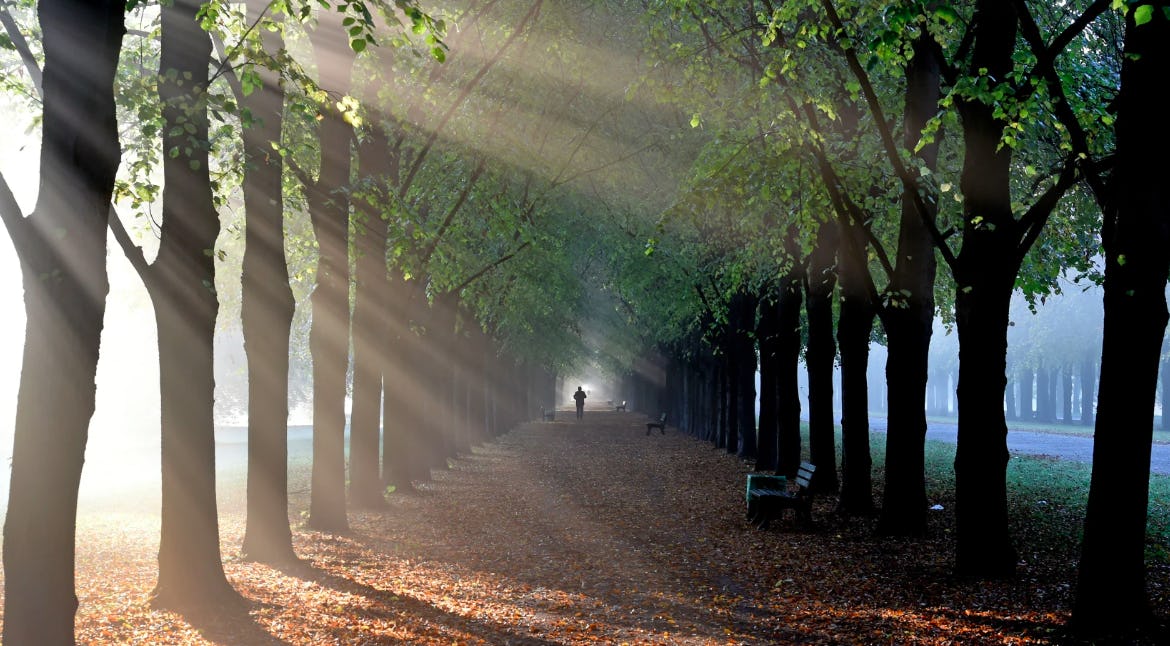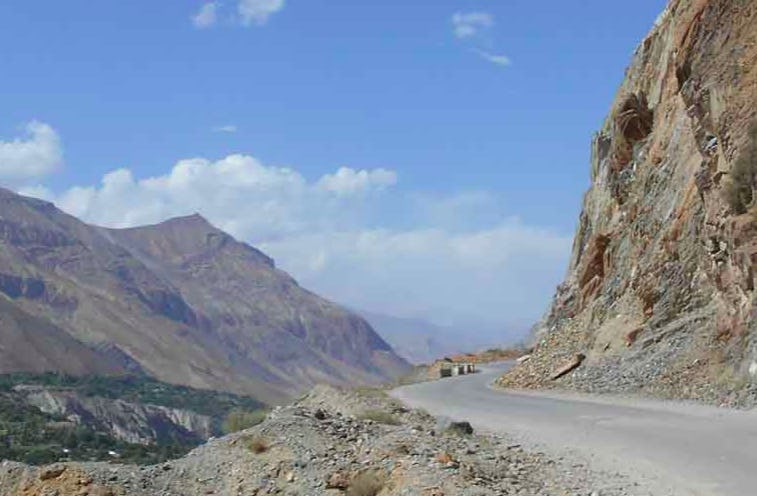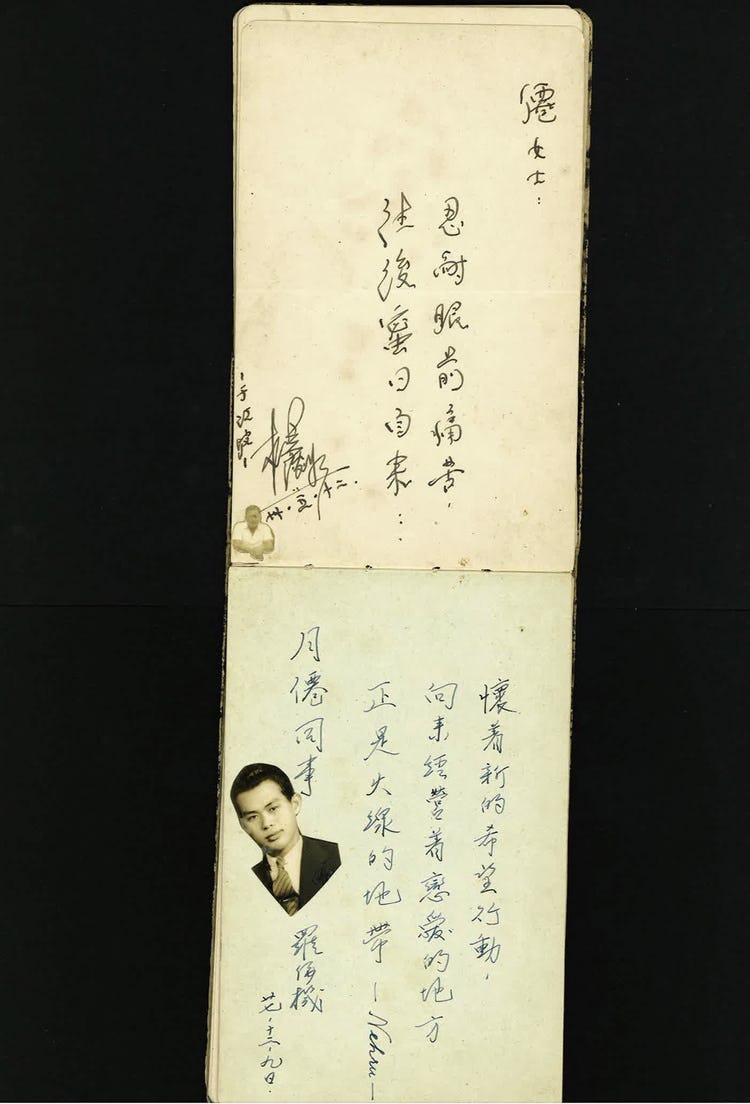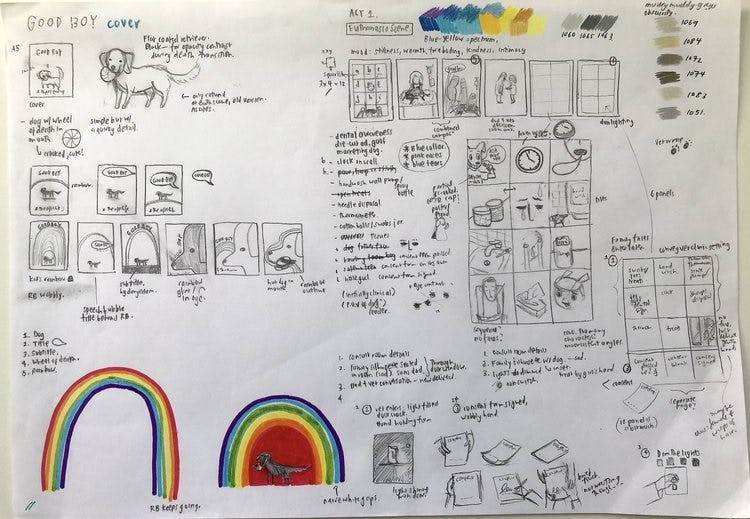Jessica Friedmann, Longreads, April 2018
Under Hitler’s fictitious and cynical categorizations of the Jews as a race, bound by eugenic claims that would be 'substantiated' in horror, we weren’t Aryan, we weren’t citizens, we weren’t white. But when the boat carrying my grandparents and my father crossed the equator, and the hemispheres shifted beneath the waves, a transmutation took place, one that rippled like a tide from the banks of Australia’s shores and back toward them again: 'not-white' became, in policy and thought, a less pressing category than 'not-black'...To be European became geographic, not ideological; almost as soon as we stepped upon the shores, we became cosmopolitan and the persecution ceased.
